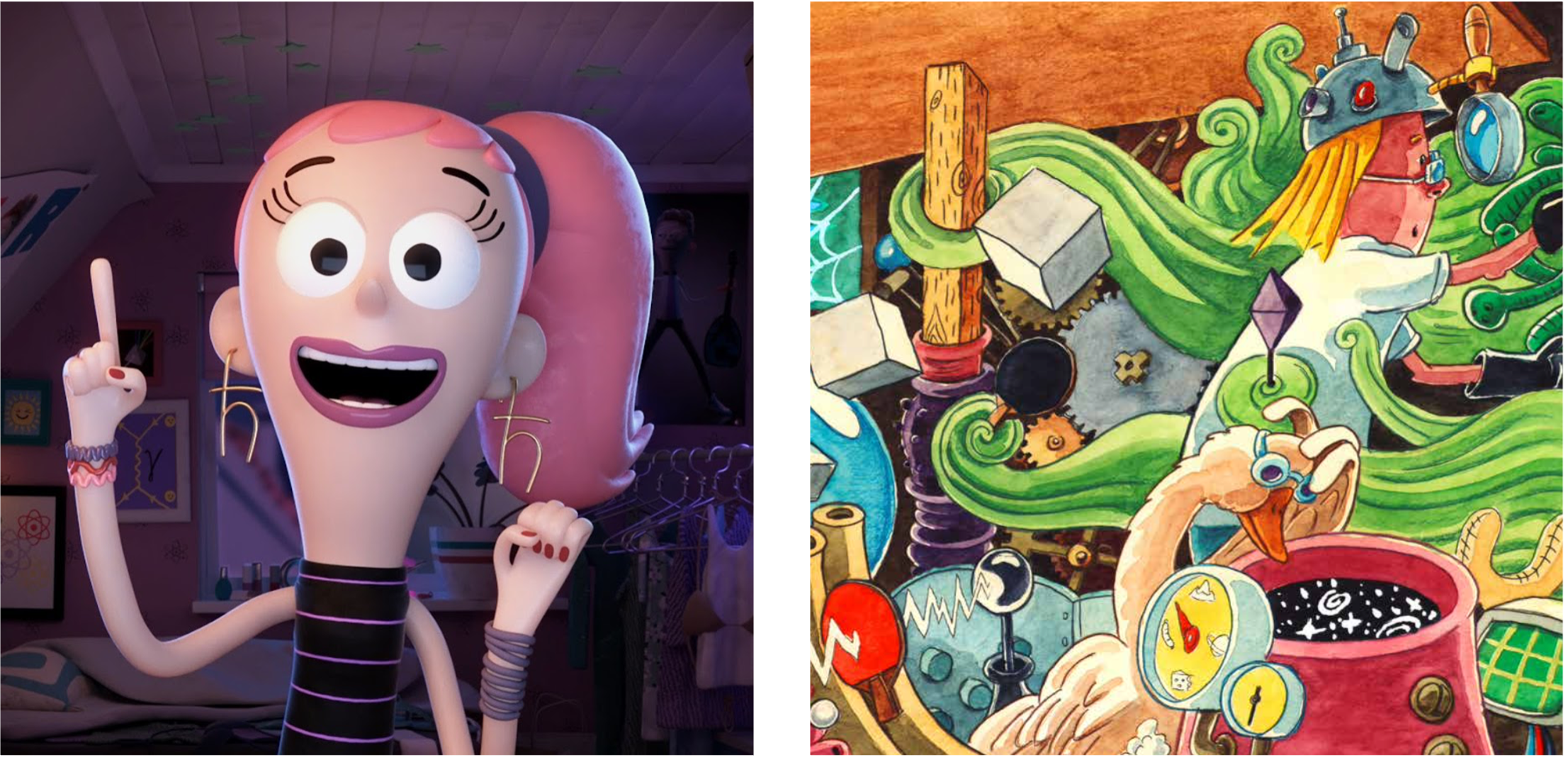Denmark is taking the lead in educating quantum talent
In the near future, quantum computers, quantum simulators, quantum networks and quantum sensors will be able to do things, which ‘classic’ devices are not able to do. This development creates immense possibilities for bringing radically new products and services to market, but it is also a development, which requires a strong talent pool. Denmark is already well ahead and we are actively contributing to securing and educating future talent as well.
Denmark has the world’s highest concentration of graduates enrolled in quantum-relevant educations across physics, mathematics, IT, and other related sciences. Denmark is thus a leading pioneer within graduates attending quantum-related education, with 635 graduates per million inhabitants. This underlines the presence of a strong scientific stronghold within quantum technology but is also a testament to why Denmark is an appealing and reliable partner for companies and investors in the second quantum revolution.

New approaches to teaching physics?
In the efforts to acquire talent and spark interest within quantum physics there have been an increasing number of novel approaches, with the ambition of facilitating deep learning and assist students’ assimilation of new knowledge about quantum physics. One such novel approach is currently being tested in PHONQEE (Playful Hands-on-Quantum Early Education) – a project which has Danish involvement.PHONQEE is part of QTEdu CSA in EUs Quantum Flagship. The more precise aim of PHONQEE is to explore novel didactical approaches to the teaching of quantum physics, spurring curiosity about quantum phenomena and stimulating scientific creativity in high school education, by merging humor, tactile game-based learning, and hands-on inquisitive experiments.
A future workforce must be quantum-literate
As quantum technologies evolves and the second revolution unfolds, there will also a need to increase the number of “quantum-literate” experts; industry will not only need specialists in physics but also mechanical engineers and business managers. The EU-funded PQTEI project which is led by Aarhus University project will employ and refine a free module used in (post-)secondary education so that industry employees can become acquainted with relevant aspects of quantum mechanics without the burden of advanced mathematics.Practical Quantum Technology Education for industry (PQTEI)
A new project at Aarhus University funded by The European Research Council (ERC grant) to:
- Map future industry needs for competences
- Develop new intuition-based course modules and curricula for non-phycisist
- Create a common language for specialists working with quantum technology e.g. engineers and project managers.
Engaging children and young people: Finn Foton and Quantum Kate
Other methods for developing and sparking curiosity within science have been pioneered in joint efforts by researchers and artists. In 2017, Dr. Ulrich Busk Hoff, quantum researcher from BigQ at DTU Physics, entered an unusual collaboration with artist and author Jan Egesborg to make a children's book on quantum physics. It resulted in the playful and humorous book 'Finn Foton and the quantum physics’, which later, with the help of the Danish Ministry of Foreign Affairs, was published in Japan.Another project is Quantum Kate, which originated from the project Kvantebanditter (Quantum Bandits) at The Southern University of Denmark (SDU). The SDU research center behind Quantum Kate wanted to convey physics to children and young people and increase their interest in science. Since its launch, the project has gained several thousand followers and received global interest. At the moment Quantum Kate
has been translated into 10 other languages – here among Chinese, Swedish, English, Spanish and Italian.

Quantum Kate (left) and Finn Foton (right)
Get in touch WAnna know more about quantum?
Contact our dedicated advisors here:
Loading...
